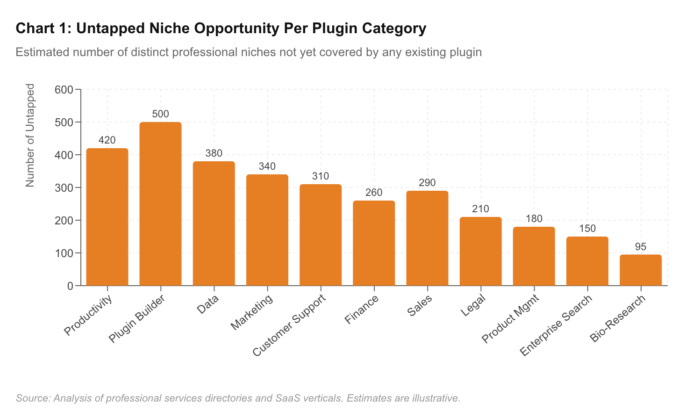Court ruling in Mississippi means that felons will continue to be banned from voting for life.
The Fifth Circuit Court overturned a ruling that removed Mississippi's lifetime voting ban for felons on July 18.

The recent ruling of the Fifth Circuit Court of Appeals has sparked controversy and concern among Mississippi residents. This decision has upheld the state's harsh lifetime voting ban for those with felony convictions, affecting tens of thousands of individuals. Despite a previous ruling by a three-judge panel that deemed the ban as "cruel and unusual punishment," the conservative federal appeals court has overturned it, stating that this matter should be left to the legislature rather than the courts.
Many civil rights advocates were not surprised by this outcome, as the majority of judges in the Fifth Circuit were appointed by Republican presidents. However, it is worth noting that one of the judges in the majority, Judge Irma Carrillo, was nominated by President Biden. In a 13 to 6 decision, the court rejected claims of "cruel and unusual punishment" and emphasized that this is a matter that should be decided by the legislature.
One of the dissenting judges, Judge James Dennis, strongly disagreed with this ruling, stating that denying released offenders the right to vote takes away their dignity as citizens and further separates them from their community. He also highlighted the impact of this ban on the democratic process, as it deprives individuals of their voice in choosing their leaders.
The origins of Mississippi's lifetime voting ban can be traced back to the state's 1890 constitution, which was explicitly designed to limit the political power of Black residents. The list of felonies that result in the loss of voting rights was carefully selected to target crimes that were most likely to be committed by Black individuals, such as theft and perjury. Sadly, this discriminatory practice continues to this day, with no accurate record of the number of people affected by this ban.
For those who have lost their right to vote, the only way to regain it is through a specific law created by the state legislature. However, this process is not easily accessible, as only sixteen individuals have had their voting rights restored since 2024. This is in stark contrast to states like Maine, Vermont, and Washington, D.C., where citizens never lose their right to vote, regardless of their criminal record.
As advocates for voting rights have pointed out, this is a matter of power and representation. In Mississippi, African Americans make up a significant portion of the disenfranchised population, and if even half of these individuals were able to vote, the political landscape would look very different. Unfortunately, this issue is not unique to Mississippi, as other states have also passed harsh laws regarding disenfranchisement in recent years.
It is ironic that the state of Mississippi, which has a long history of suppressing the voting rights of Black individuals, recently had a convicted felon as its former president. In a recent case, Donald Trump was found guilty of felony charges related to illegally influencing the 2016 election. This serves as a reminder that the right to vote is a fundamental aspect of democracy and should not be taken away from any citizen.










